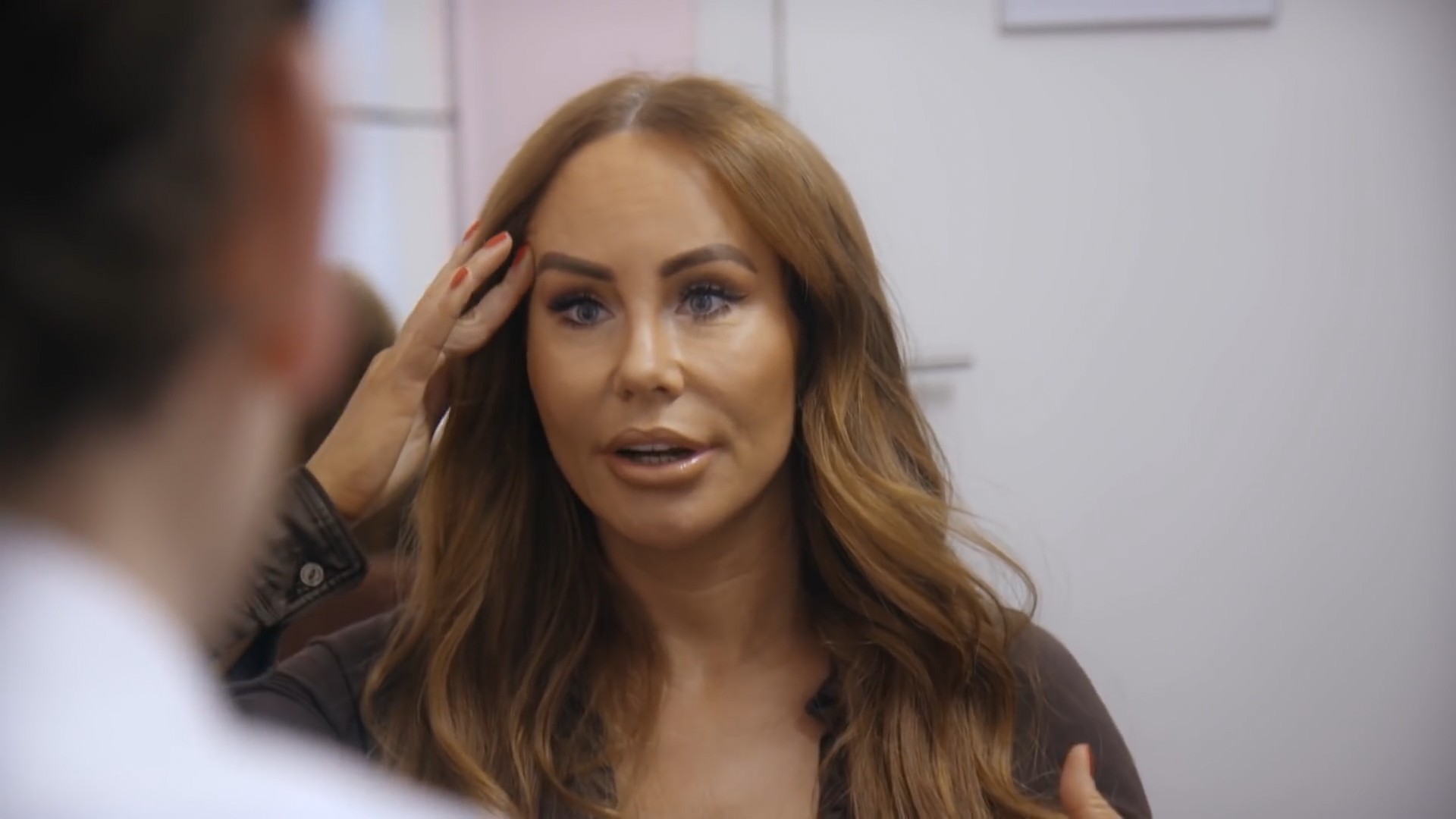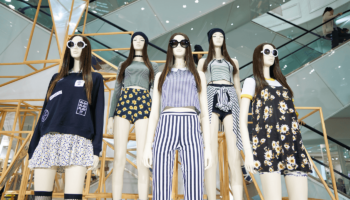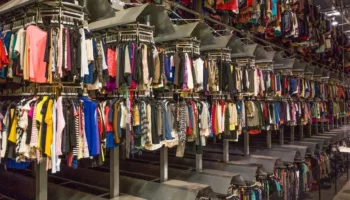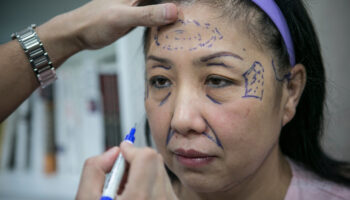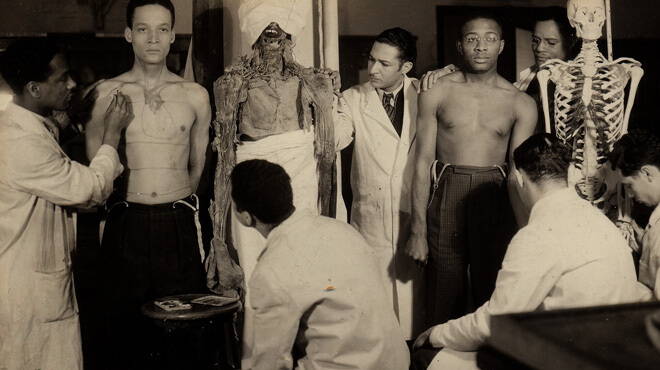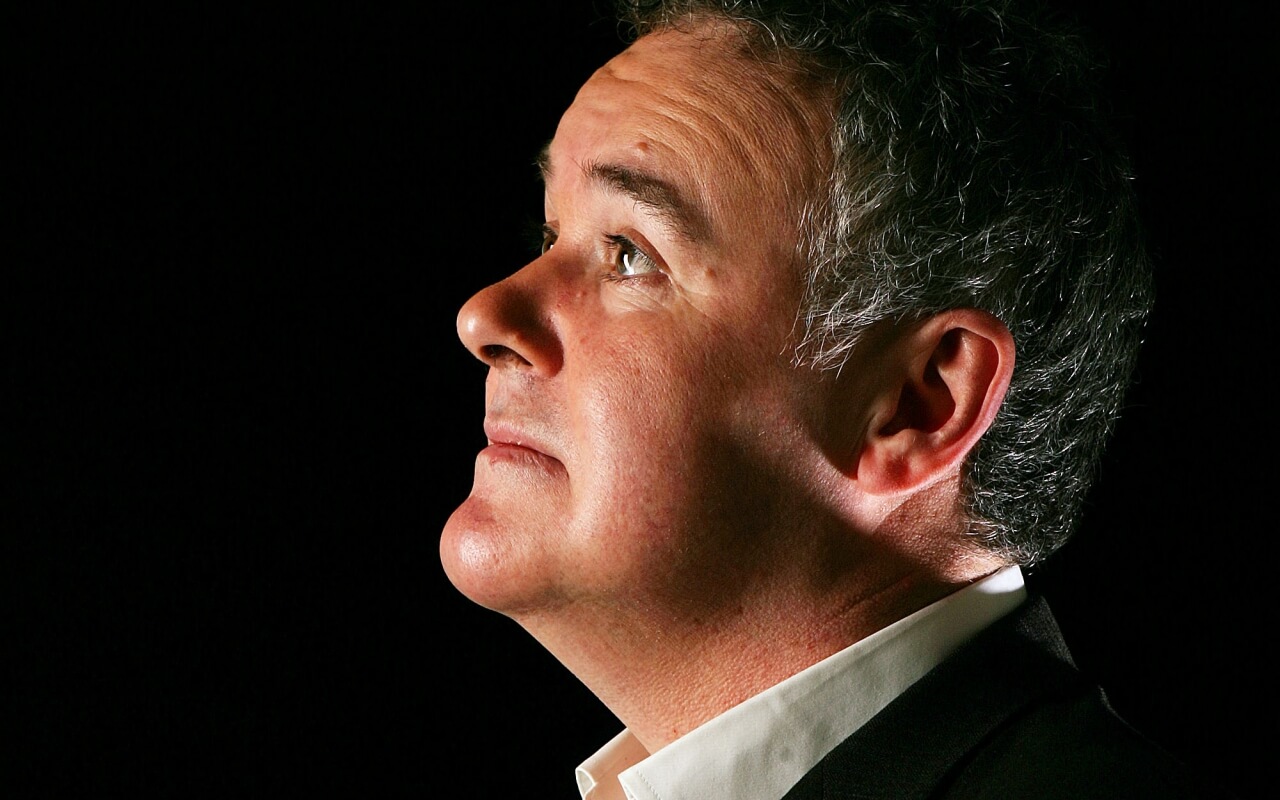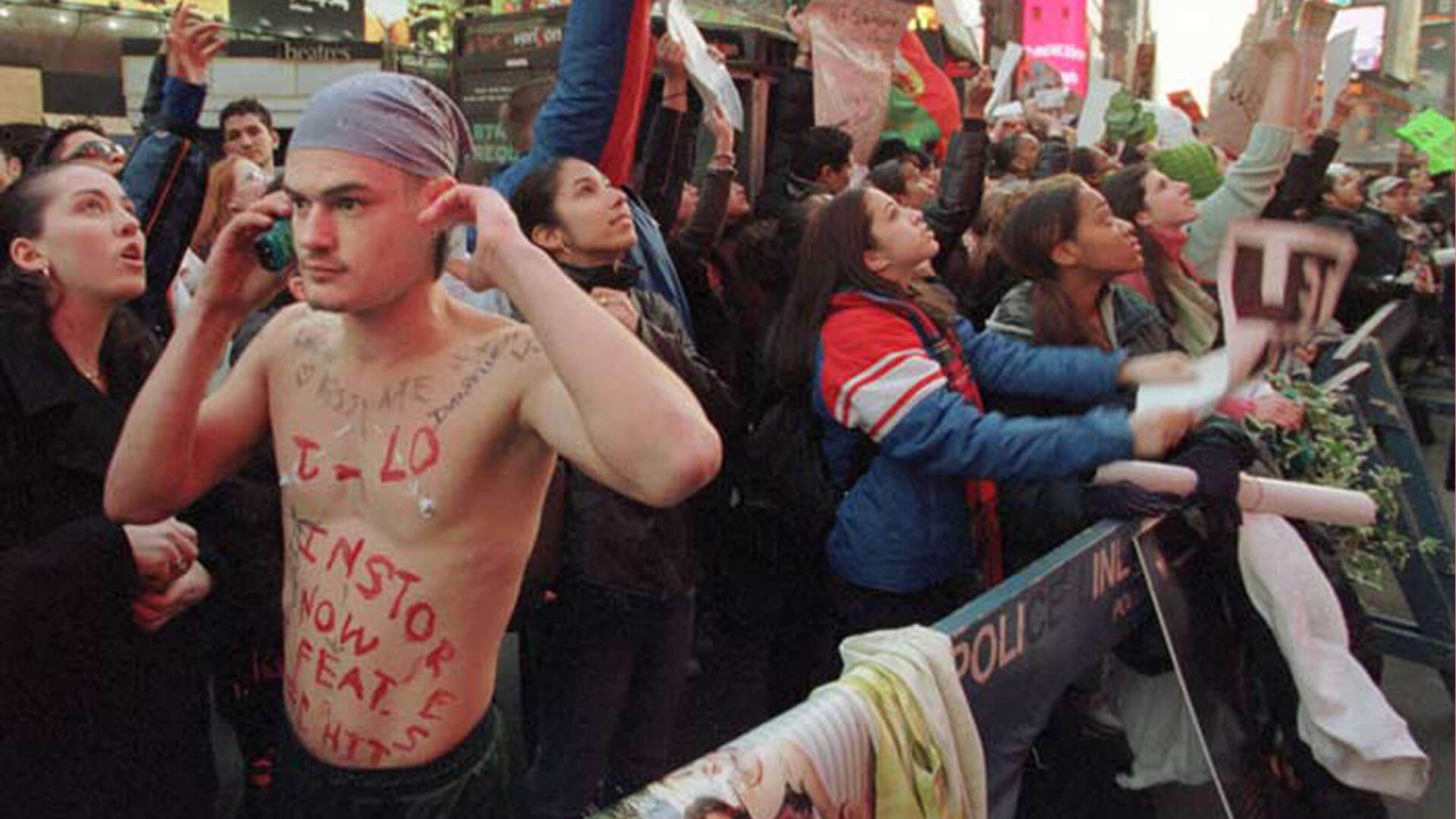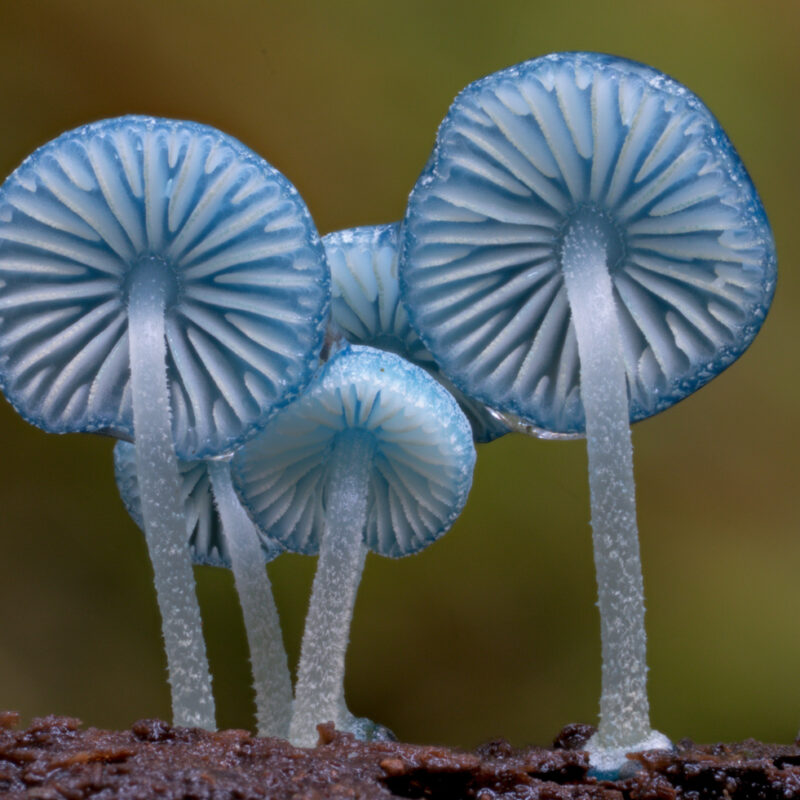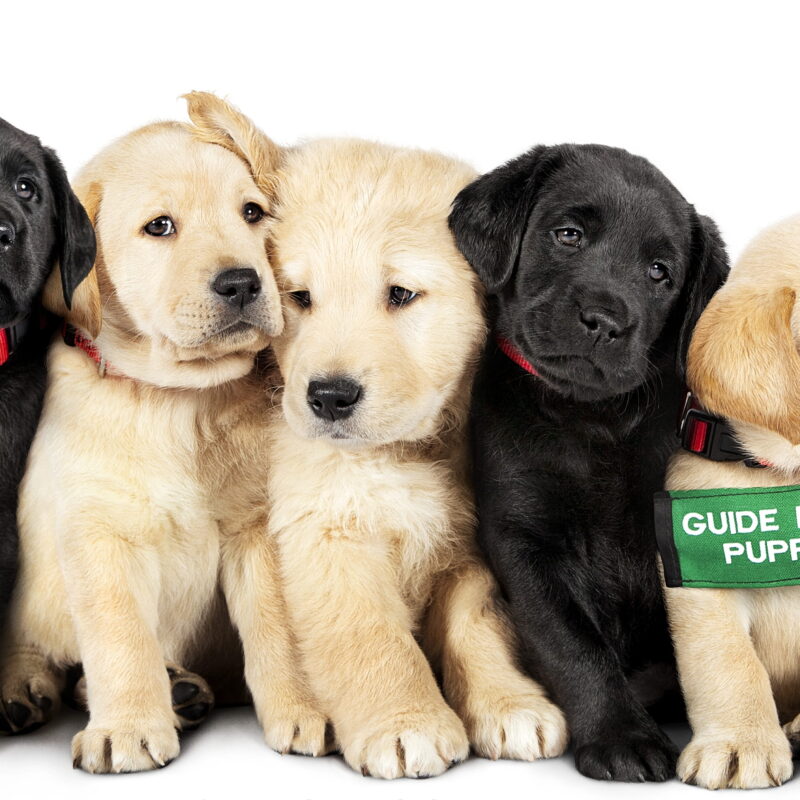description:
Being beautiful has many advantages: you do better in the relationship market, in finding a job, a house and a network. But who decides what is beautiful? And how do you compete with your idealised, digital self?
Online, we filter our selfies en masse to look better, but injecting ‘real’ lips and buttocks is also taking off. Being beautiful has never been more important, because beauty pays! Whoever meets the dominant ideal of beauty has many advantages, not only in the relationship market but also in finding a job, a house and a network. But who decides what is beautiful? And how do you become beautiful according to the prevailing standard?
In fashion and advertising, there is now a trend towards more variety and colour. And on social media, too, there is room for body positivity and pluss-sized models. But is that really the whole story? According to fashion activist Janice Deul, it is often just window dressing and symbol politics, and the ideal of young, thin and white remains firmly in place. Research also shows that beauty standards worldwide have become more similar.
The influence of social media and the growth of the service economy have made appearance even more important. People are investing more than ever in beauty. In her book Perfect Me, philosopher Heather Widdows points out that the extent to which we submit to the dominant ideal of beauty is also changing: for many men and women, the demand to be beautiful is becoming a driving force in their lives, a ‘moral imperative’ that you can no longer escape. What will the beauty ideal of the future look like? And what ideal of beauty belongs to the globalised, digital society?

